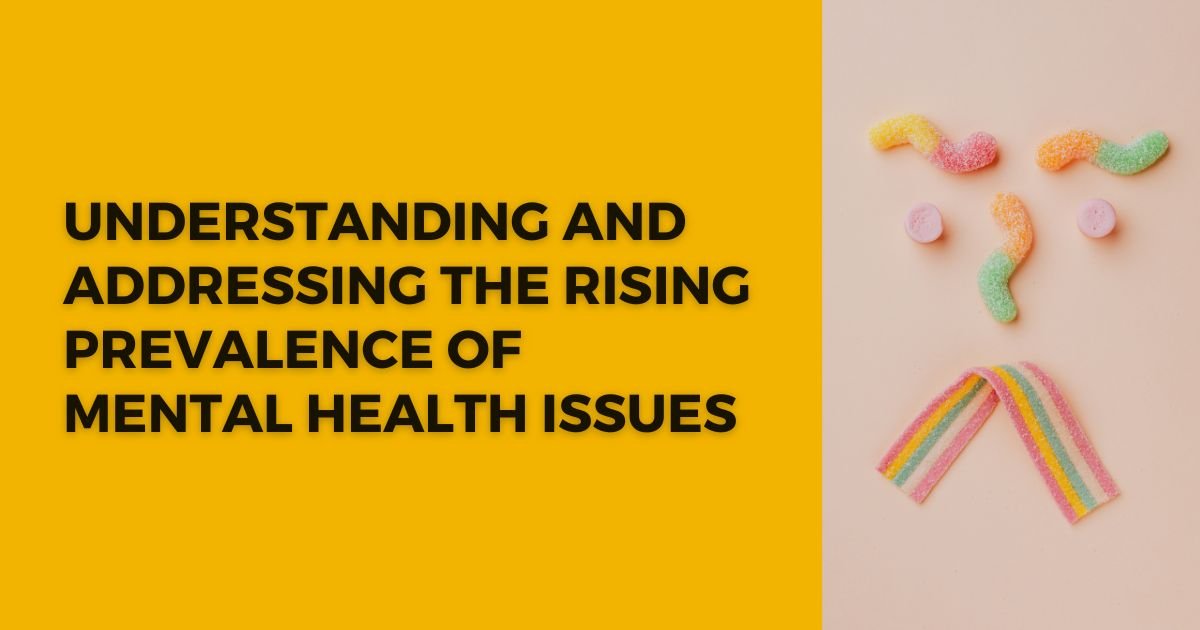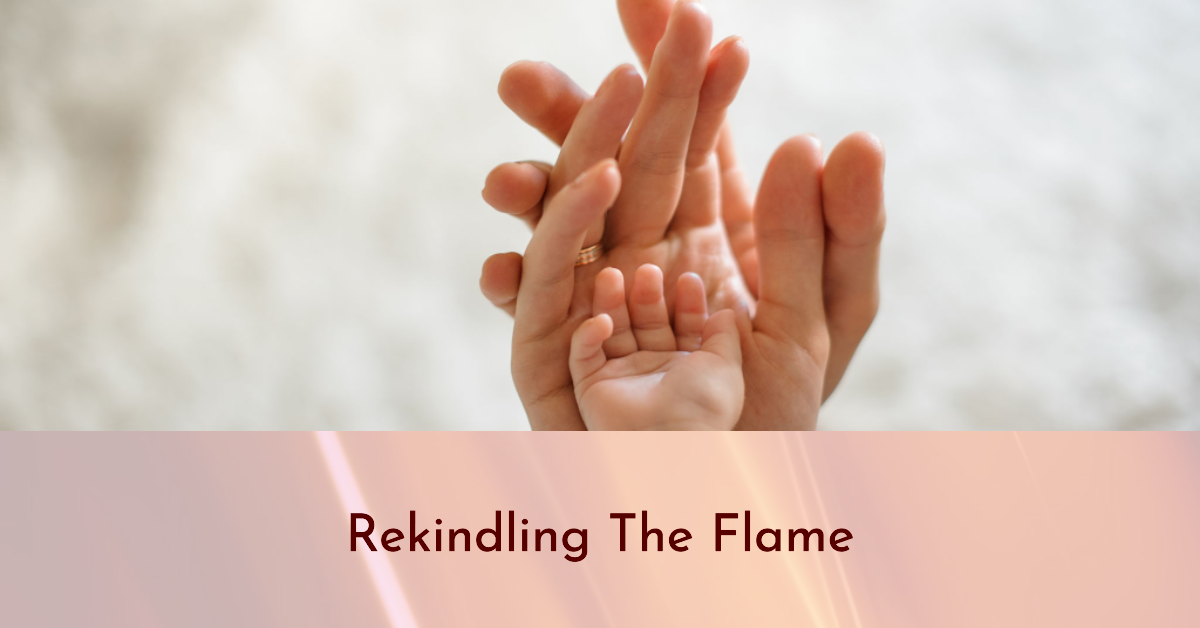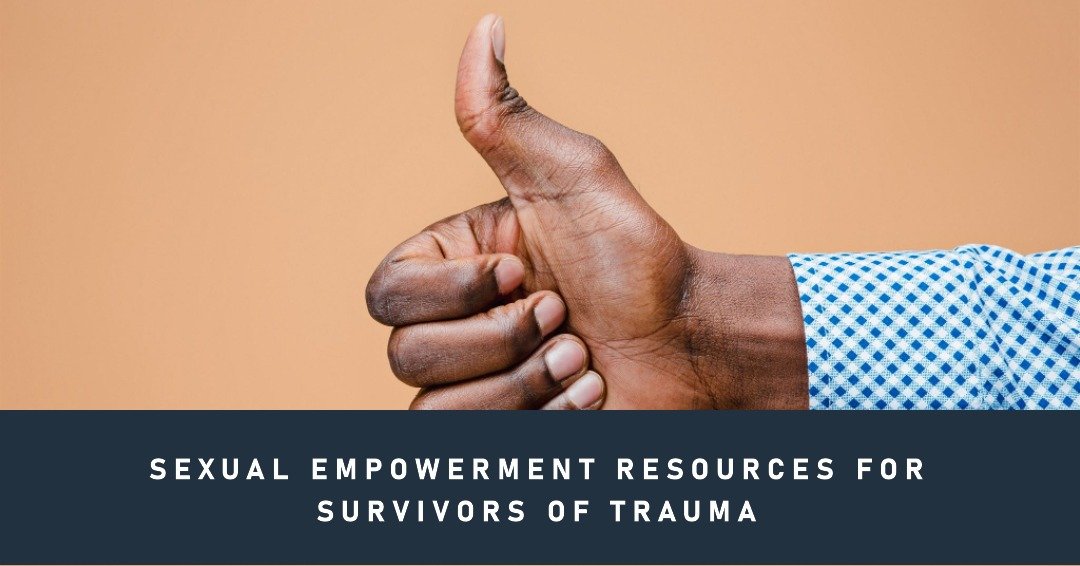Welcoming a baby into your lives is a joyous occasion, but it can also bring significant changes to your relationship, particularly when it comes to physical intimacy. Many couples experience a shift in their intimate lives after having a baby, which can be attributed to various factors such as exhaustion, hormonal changes, and adjusting to the new responsibilities of parenthood. In this article, we will explore the topic of physical intimacy after having a baby and provide guidance on how couples can navigate this period to nurture their relationship.
Table of Contents
Understanding the Changes
Having a baby brings about physical, emotional, and lifestyle changes that can impact your intimate relationship. It is essential to recognize and understand these changes as a normal part of the postpartum period. Hormonal fluctuations, exhaustion, and the demands of caring for a newborn can all contribute to a temporary decline in sexual desire and activity.
Communicating with Your Partner
Open and honest communication is vital during this phase of your relationship. Discuss your feelings, concerns, and desires with your partner, ensuring that both of you have a clear understanding of each other’s needs and expectations. Sharing your thoughts can help foster empathy and create a safe space for intimacy to flourish.
Physical Recovery and Self-Care
The physical recovery process after childbirth varies for every woman. It is crucial to prioritize self-care and allow your body ample time to heal. Follow your healthcare provider’s recommendations, engage in gentle exercises, and maintain a healthy lifestyle to support your physical well-being. Taking care of yourself will contribute to your overall confidence and positively impact your intimacy.
Establishing New Routines
Having a baby often disrupts established routines, including those related to intimacy. It is necessary to establish new patterns that work for both partners. This may involve adapting to the baby’s sleep schedule, finding creative ways to spend quality time together, or exploring different times of the day for intimacy. Flexibility and compromise are key in maintaining a healthy intimate relationship.
Prioritizing Intimacy
While it may seem challenging amidst the demands of parenthood, prioritizing intimacy is crucial for maintaining a strong bond with your partner. Make a conscious effort to set aside quality time for each other, even if it means scheduling it in advance. Explore activities that foster intimacy, such as cuddling, holding hands, or engaging in intimate conversations. These small gestures can strengthen your connection and rekindle the spark in your relationship.
Exploring Non-Sexual Intimacy
Physical intimacy extends beyond sexual activity. During the postpartum phase, exploring non-sexual forms of intimacy can be a valuable way to connect with your partner. Engage in activities like massages, taking walks together, or simply enjoying each other’s company. Remember that emotional closeness contributes significantly to a fulfilling intimate relationship.
Seeking Professional Help
If you and your partner are struggling with the challenges of postpartum intimacy, seeking professional help can be beneficial. Consulting a therapist or a counselor who specializes in relationships and postpartum issues can provide guidance and support. They can help you navigate through the challenges and offer effective strategies for enhancing your physical intimacy.
Taking Time for Yourself
As a new parent, it is essential to take care of your individual needs as well. Carving out time for self-care and pursuing personal interests can help you feel more fulfilled and rejuvenated. When you take care of yourself, you are better equipped to nurture your relationship and engage in physical intimacy.
Embracing Patience and Understanding
It’s crucial to approach this phase of your relationship with patience and understanding. Remember that both you and your partner are adjusting to new roles and responsibilities. Be compassionate toward each other and acknowledge that physical intimacy may require time to regain its previous intensity. Embracing patience and understanding can help strengthen your bond and build a solid foundation for your future together.
Building Emotional Connection
Emotional connection is the cornerstone of a satisfying intimate relationship. Engage in activities that foster emotional intimacy, such as sharing your dreams and aspirations, expressing gratitude, or reminiscing about your journey as a couple. By nourishing your emotional connection, you lay the groundwork for a fulfilling and vibrant intimate life.
Rekindling the Flame
As time progresses, you may feel ready to rekindle the flame of sexual intimacy. Start by initiating open conversations about your desires, fantasies, and any concerns you may have. Gradually reintroduce sexual activity, taking it at a pace that feels comfortable for both partners. Remember that intimacy is a journey, and it is essential to enjoy the process of rediscovery together.
Overcoming Body Image Concerns
Body image concerns are common after giving birth. It’s important to remember that your body has gone through significant changes during pregnancy and childbirth. Embrace self-acceptance and focus on the incredible journey you’ve been through. Communicate with your partner about your insecurities, and allow them to reassure and support you in your body positivity journey.
Dealing with Fatigue
Fatigue is a common challenge for new parents, and it can affect your desire for physical intimacy. Prioritize rest and establish a support system that allows you to take breaks and recharge. Communicate your need for rest to your partner, and explore ways to share responsibilities effectively. By addressing fatigue, you can create space for intimacy and maintain a healthy balance in your lives.
Adjusting Expectations
It is crucial to adjust your expectations when it comes to physical intimacy after having a baby. Recognize that your intimate life may not immediately return to its pre-baby state, and that is perfectly normal. Instead of focusing on the quantity of intimacy, prioritize the quality of connection you share with your partner. Embrace the changes and find joy in the new dynamics of your relationship.
Conclusion
Physical intimacy after having a baby is a topic that requires understanding, communication, and patience. By acknowledging and embracing the changes that parenthood brings, couples can nurture their relationship and build a strong foundation for intimacy. Remember to communicate openly, prioritize self-care, and explore different forms of intimacy. With time, effort, and a deep emotional connection, couples can navigate this phase and create a fulfilling and vibrant intimate life.
FAQs
-
Is it normal to have a decline in sexual desire after having a baby?
Yes, it is entirely normal for sexual desire to decline after having a baby. Hormonal changes, exhaustion, and the demands of parenthood can contribute to this temporary shift.
-
How long does it take to regain sexual intimacy after childbirth?
The timeline for regaining sexual intimacy varies for each couple. It depends on factors such as physical recovery, emotional readiness, and overall well-being. It’s important to prioritize open communication and take things at a pace that feels comfortable for both partners.
-
Can non-sexual forms of intimacy be as fulfilling as sexual intimacy?
Absolutely. Non-sexual forms of intimacy, such as emotional closeness and engaging in activities together, can be just as fulfilling and essential for maintaining a strong bond with your partner.
-
What if I’m struggling with body image concerns after giving birth?
Body image concerns are common, and it’s essential to practice self-acceptance and communicate your feelings with your partner. Seek support from professionals or support groups that can help you navigate these emotions.
-
When should I consider seeking professional help for postpartum intimacy issues?
If you and your partner are finding it challenging to navigate postpartum intimacy issues on your own, it may be beneficial to seek professional help. A therapist or counselor specializing in relationships and postpartum matters can provide guidance and support tailored to your specific needs.
Continue to explore, communicate, and make intentional efforts to prioritize physical intimacy in your lives. Celebrate the joys of parenthood while savoring the deep connection and rekindled passion that comes with nurturing your physical bond.
To further enhance your understanding of physical intimacy after having a baby, we invite you to explore our collection of articles and resources tailored to support you on this beautiful journey. Click here to access valuable insights, tips, and guidance to help you navigate the post-baby phase with grace and foster a thriving, intimate connection.
Remember, the power to cultivate physical intimacy and reignite passion lies within your hands. Embrace the transformative journey of physical intimacy after having a baby and watch as your relationship flourishes, creating a loving, nurturing, and fulfilling environment for both you and your little one.














Leave a Reply
View Comments